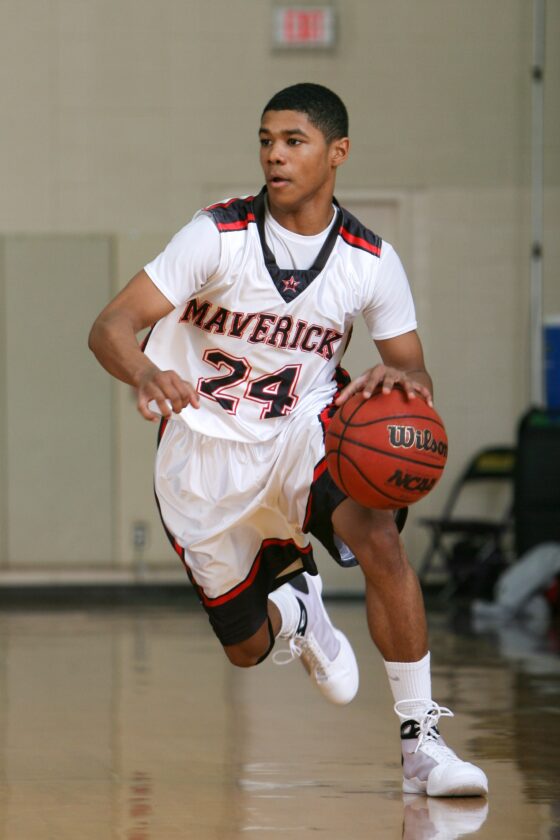Breaking Down the Key Differences Between College and Professional Basketball

Basketball is one of the most popular sports in the world, with millions of fans around the globe. While it’s true that basketball is universally enjoyed by many, there are actually two distinct versions of the game: college and professional. Both are very popular among fans. It is very common nowadays to find websites dedicated to giving both college basketball picks and those for professional basketball, as well as all the other kinds of stats related to basketball games. However, there are some key differences between college and professional basketball that set them apart from each other.
The first major difference between college and professional basketball lies in their respective rulesets. College basketball features a much more complex rulebook than its professional counterpart; for example, collegiate games consist of two 20-minute halves as opposed to the four 12-minute quarters found in NBA play. Additionally, fouls are counted differently in college ball – players are allowed up to five personal fouls before being disqualified from the game – while professionals can only commit six before being ejected.
Also, In college basketball, players typically focus on honing their skills over a longer period of time as they develop into top prospects for the NBA draft; however, professional teams often employ players who have already achieved a certain level of proficiency prior to joining their team.
Are there any specific rules that apply only to college or only to professional basketball?
There are definitely rules that apply only to college or professional basketball. In college basketball, the shot clock is set at 35 seconds, while in professional basketball it is 24 seconds. Additionally, the three-point line in college basketball is 20 feet 9 inches from the basket, while in professional basketball it is 23 feet 9 inches from the basket. College teams also have a 10-second backcourt rule which states that they must advance the ball over half-court within 10 seconds of gaining possession. Professional teams do not have this rule and can take as long as they want to advance the ball over half-court. Furthermore, college players are allowed five personal fouls before being disqualified from a game whereas professional players are allowed six personal fouls before being disqualified.
Comparing overtime regulations in college and professional basketball
In college basketball, overtime periods are five minutes long, while in the NBA they are four minutes long. Additionally, college teams play with a stop-clock system during overtime periods, meaning that the clock stops after each basket is made or when a foul is called. On the other hand, NBA games use a running clock during overtime periods, which means that the clock continues to run even if a basket is made or a foul is called. Furthermore, NCAA rules state that teams must switch ends of the court at the start of each overtime period; however, this rule does not apply to NBA games. Finally, NCAA rules also require teams to play an additional period if the score remains tied after all five minutes have elapsed; whereas in the NBA only one extra period is played regardless of how much time has passed.
Investigating how substitution rules differ between college and professional basketball
Teams are allowed to substitute players at any time during the game in college basketball, as long as they do not exceed the maximum number of players on the court. This allows coaches to make strategic substitutions throughout the game, depending on how their team is performing. On the other hand, professional basketball has a much stricter set of substitution rules. Teams are only allowed to substitute players during designated stoppages in play such as timeouts or quarter breaks. Additionally, teams can only substitute up to five players at once in professional basketball, while there is no limit for college teams. These differences in substitution rules can have a major impact on how each game plays out and which team ultimately comes out victorious.
